 How to Become
How to Become
Even if you’re familiar with some of the different careers in forensics, you may not know the specific paths that lead to them, or the options and decision points that present themselves along the way. So, we’ve carved out a section of our blog to provide very detailed, step-by-step, descriptions of how to become everything from a forensic accountant to a forensic psychologist. Like many career paths, forensics career paths can be complex and nuanced, and are rarely “one size fits all”, so we’ve attempted to break down the major decision points, and clarify the essential component skills, experiences, and educational qualifications for each path, along with the personality traits, likes and dislikes that might make one career a better fit than another.
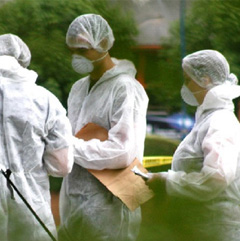
How to Become a Crime Scene Investigator (CSI)
The crime scene investigator, also called a CSI, will come to crime scenes in order to conduct an investigation and to collect evidence, and although there are varied paths to becoming a crime scene investigator, they typically involve a mix of rigorous coursework and empirical training.
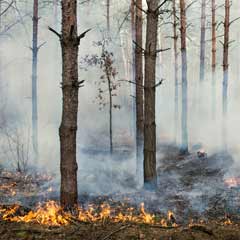
How to Become a Fire Investigator
Fire investigators, also known as arson investigators, perform an invaluable service to society: they determine the causes of fires, and when necessary, whether a criminal act of arson was involved. These professionals employ both the skills of a scientist and those of a detective in their investigations.
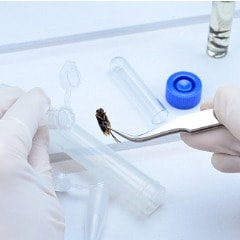
The primary use of forensic entomology is in death investigations as insect activity can reveal when, where, and sometimes how a person died. That said, forensic entomology can also assist in detecting drugs and poisons; determining the location of a crime; finding the presence and time of trauma; and even tying suspect, victim, and crime scene to each other.

How to Become a Forensic Pathologist – Steps & Requirements
At the intersection of medical and legal matters is where the work of a forensic pathologist begins. Known as “death detectives,” forensic pathologists are specially-trained physicians tasked with determining the cause of unexpected or violent deaths.

How to Become a Forensic Psychiatrist
For those with the intelligence and focus to complete the steps to become a medical doctor and then complete residencies and fellowships that lead to the forensic psychiatrist specialty, this is a fascinating career. Keep reading to learn how one can become a forensic psychiatrist.
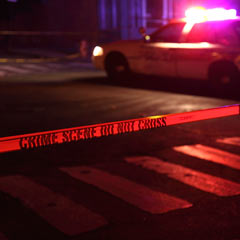
How To Become a Crime Scene Technician – Education & Certification
For people seeking careers that are simultaneously challenging, meaningful, and exciting, it is tough to beat becoming a crime scene technician. These professionals, also known as forensic science technicians or crime scene analysts, have inspired a number of popular television programs such as CSI and Dexter.
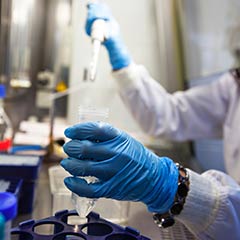
How to Become a Forensic Toxicologist – Education & Certification
Forensic toxicologists work in laboratories, often those operated by government agencies or law enforcement, to identify chemicals and compounds that could have contributed to crimes or have other administrative or legal consequences. This can include identifying illicit substances in bodies that may have been the victims of foul play, performing administrative drug testing, or identifying hazardous chemicals in the environment.

How to Become a Forensic Counselor
A forensic counselor’s decisions can drastically alter the course of someone’s life and that’s one of the reasons why rigorous academic and licensure requirements are in place for this profession.



